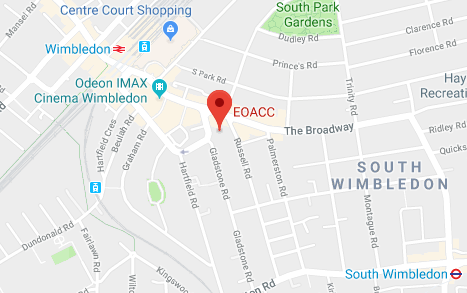In a fast-paced world dominated by the latest…
Protect yourself and your business from investment scams
A scam is a fraudulent scheme or operation designed to hoax people out of their cash, property, or personal information. Scams can take many forms, but they all share one ultimate goal: to take advantage of people’s trust to part them from their money.
With the internet providing anonymity as well as opportunity, the scope for scams has increased – and a particularly rich area for scammers with eyes on your money is investment. You want to grow your money by investing it – scammers know ways to convince you to invest it with them.
Scammers are very good at what they do. The difference between a sound investment proposal and a scam designed to whisk your money away so it is never seen again can be hard to tell until it is too late.
Scams can be difficult to spot. Fraudsters can be convincing and knowledgeable, with websites and materials that look identical to the real thing.
If you’ve been contacted unexpectedly, or are suspicious about a call or text message, make sure you stop and check the warnings signs.
- Is it unexpected? Scammers often call out of the blue. They may also try and contact you via email, text, post, social media, or even in person.
- Do you feel pressured to act quickly? Scammers might offer you a bonus or discount if you invest quickly, or they may say the opportunity is only available for a short time.
- Does the offer sound too good to be true? Fraudsters often promise tempting rewards, such as high returns on an investment.
- Is the offer exclusively for you? Scammers might claim that you’ve been specially chosen for an investment opportunity, and it should be kept a secret.
- Are they trying to flatter you? Scammers often try to build a friendship with you to put you at ease.
- Are you feeling worried or excited? Fraudsters may try to influence your emotions to get you to act.
- Are they speaking with authority? Scammers might claim that they’re authorised and often appear knowledgeable about financial products.
If you answered ‘yes’ to any of these questions, or you’re unsure if a contact is genuine, follow the steps below to protect yourself.
How to protect yourself from an investment scam
Check that the firm is authorised by the Financial Conduct Authority (FCA). You can do this by using the register on the FCA website: Home (fca.org.uk)
Then check that it isn’t a cloned company. The firm may be genuine – but the fraudster may be spoofing their connection with it. Make sure you use the contact details taken from the FCA’s register: Do not use the details given to you by the company, or by the person who contacted you.
Finally:
- Never give out your bank account or credit card details unless you’re certain who you’re dealing with;
- Never share your passwords with anyone (including your social media passwords); and
- Do not give access to your device by downloading software or an app from a source you don’t trust. Scammers may be able to take control of your device and access your bank account.

